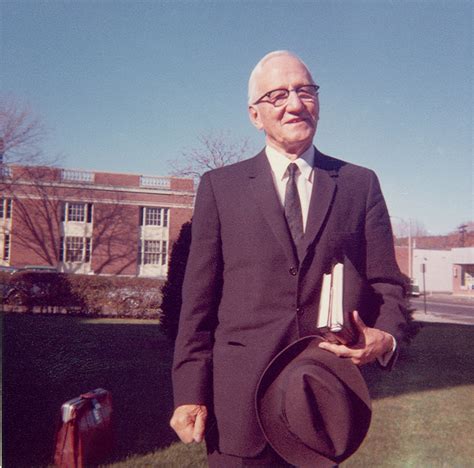A Quote by Dalai Lama
I feel that the essence of spiritual practice is your attitude toward others. When you have a pure, sincere motivation, then you have right attitude toward others based on kindness, compassion, love and respect.
Related Quotes
True compassion is not just an emotional response, but a firm commitment founded on reason. Therefore, a truly compassionate attitude toward others does not change, even if they behave negatively. Through universal altruism, you develop a feeling of responsibility for others: the wish to help them actively overcome their problems.
We are all, by nature, clearly oriented toward the basic human values of love and compassion. We all prefer the love of others to their hatred. We all prefer others’ generosity to meanness. And who is there among us who does not prefer tolerance, respect and forgiveness of our failings to bigotry, disrespect, and resentment?
Eat by Choice, Not by Habit combines the author's humor, deep compassion for others and knowledge about food in a way that makes me eager to follow her lead toward healthy eating-and more importantly, toward a healthy attitude about eating. She aptly teaches us all to frame our food issues in a language that is both liberating and comforting.

































